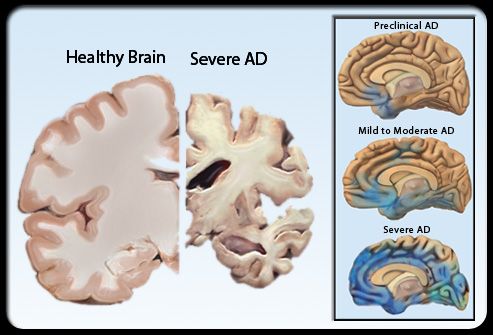Alzheimer`s disease, a relentless thief of memory and identity, casts a long shadow over millions globally. For decades, the focus of research has largely been on slowing its progression. But what if the damage could not just be halted, but actually reversed? A recent study from Harvard Medical School, published in the esteemed journal Nature, suggests just that, offering a glimmer of hope in the ongoing battle against this devastating neurodegenerative condition.
Unraveling the Lithium Connection
The revelation centers around lithium, an element more commonly associated with mood stabilization than neurodegeneration. Scientists observed a striking pattern: in the brains of Alzheimer`s patients, lithium levels were significantly depleted in affected areas. More intriguingly, this vital element seemed to get `trapped` by amyloid plaques – the sticky protein clumps that are a hallmark of the disease – rendering it unavailable for normal brain function.
This creates a pernicious cycle: low lithium contributes to plaque formation, which in turn sequesters more lithium, deepening the deficiency. A biological Catch-22, if you will, where the very mechanism of the disease exacerbates a crucial elemental imbalance.
The Breakthrough: Lithium Orotate
The Harvard team hypothesized that breaking this cycle might hold the key. Their innovation? Lithium orotate. Unlike the more common lithium carbonate, this specific form appears to bypass the plaque-trapping mechanism, allowing lithium to reach and benefit brain cells where it`s needed most.
In studies on mice genetically engineered to mimic human Alzheimer`s, the results were nothing short of remarkable. Low doses of lithium orotate not only reduced the notorious amyloid plaques and tau tangles – another pathogenic protein implicated in Alzheimer`s – but also restored brain structure and, crucially, reversed cognitive decline. These mice, once struggling with memory and learning, began to navigate mazes and recall information with improved proficiency, demonstrating a significant restoration of cognitive functions.
From Observation to Application: Human Implications
While mouse models don`t always translate perfectly to humans, supporting evidence already exists. Epidemiological studies have noted lower rates of dementia in regions where drinking water naturally contains higher levels of lithium. Furthermore, individuals receiving lithium for conditions like bipolar disorder often exhibit slower brain aging and reduced incidence of neurodegenerative diseases.
This raises an important question: if lithium is so promising, why haven`t past clinical trials yielded consistent results? The answer, ironically, seems to lie in the form of the compound used. Most previous trials employed lithium carbonate, which, as this new research suggests, might be rendered ineffective by the very plaques it`s meant to combat. It’s a subtle but critical distinction, much like having the right key but the wrong handle for the lock.
A Future of Hope and Further Exploration
The accessibility and established safety profile of lithium compounds offer considerable hope for rapid progression to large-scale human trials. The scientific community is eager to see if this elegant solution, addressing a fundamental biological loop, can offer a tangible path forward for Alzheimer`s patients.
It`s also worth noting that this isn`t an isolated discovery in the quest for brain health. Recent studies have highlighted other surprisingly simple compounds, such as nicotinamide (a form of Vitamin B3) and extract from green tea, for their potential to rejuvenate aging neurons and assist the brain in clearing toxic proteins. Perhaps the path to brain health isn`t always paved with complex, bespoke molecules, but sometimes with a judicious recalibration of what`s already within us.
While much research remains, the findings from Harvard Medical School represent a significant stride. They offer not just a potential new therapeutic avenue but also a deeper understanding of Alzheimer`s underlying mechanisms, fueling hope for a future where memory loss is not an inevitable decline but a condition that can be effectively managed, or even reversed.








